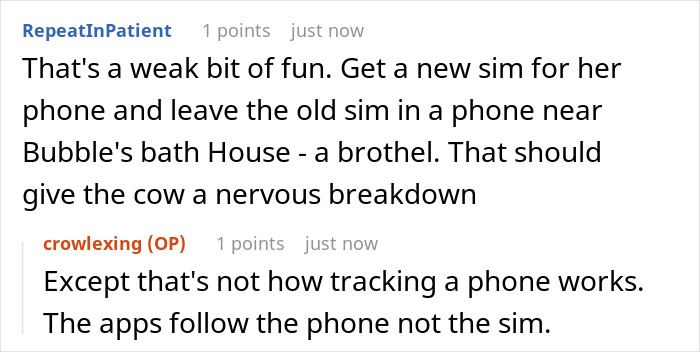Worrying about your kids is normal for any parent. As long as that worry isn’t overbearing, of course. One recent poll found that many parents might have controlling tendencies even if they’re not aware of them. 54% of the respondents worry someone might scare or follow their unsupervised child.
But what about the times parents start tracking children without their knowledge? Like in this story, where a controlling ex-wife put an AirTag in her daughter’s backpack for a trip with her father. The daughter and dad duo found a funny way to deal with the tracker, and the dad, to the amusement of many, shared the story online.
A dad and daughter duo used a potato as the conduit of revenge against an overbearing mother

Image credits: Mindaugas Balčiauskas / Boredpanda (not the actual photo)
After they found an AirTag in the daughter’s backpack, they decided to mail it back to the controlling mother with a humorous twist
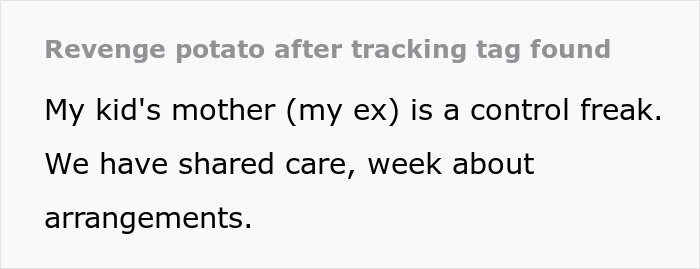
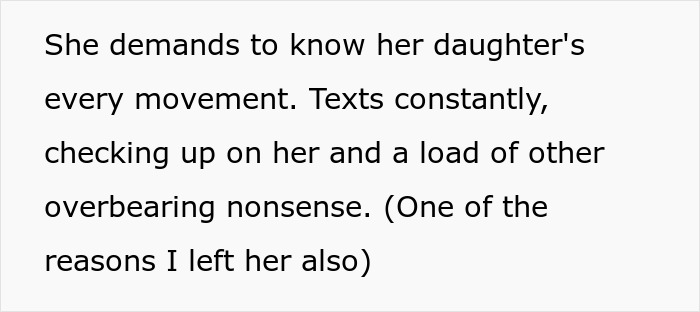
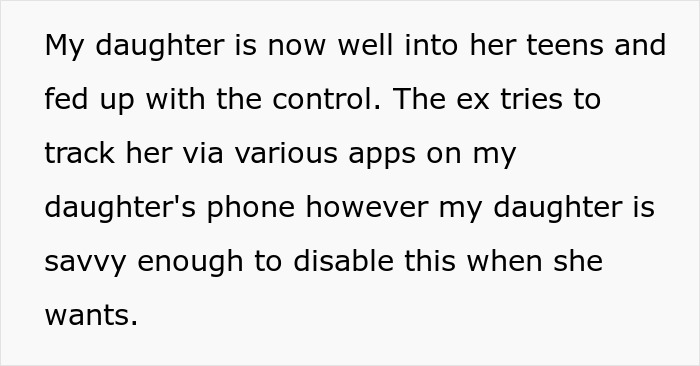
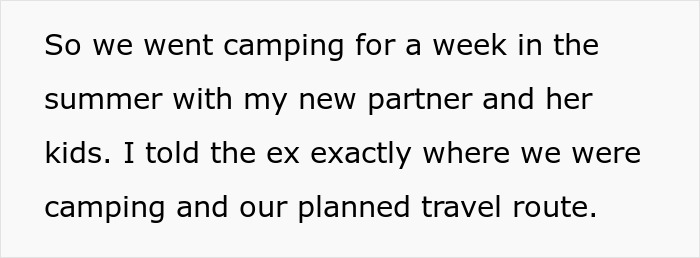

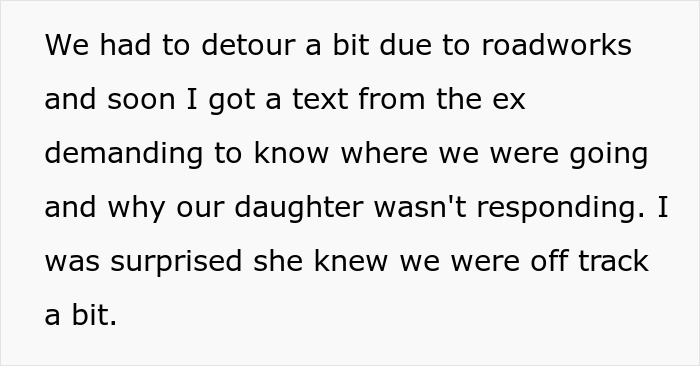

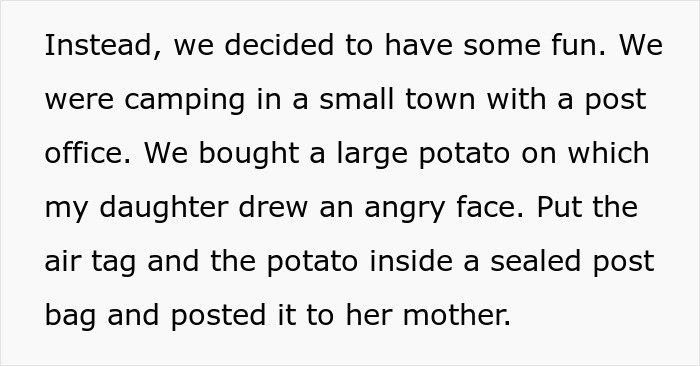
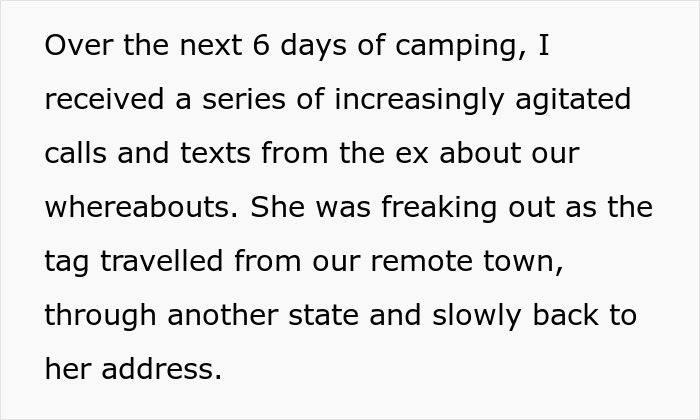
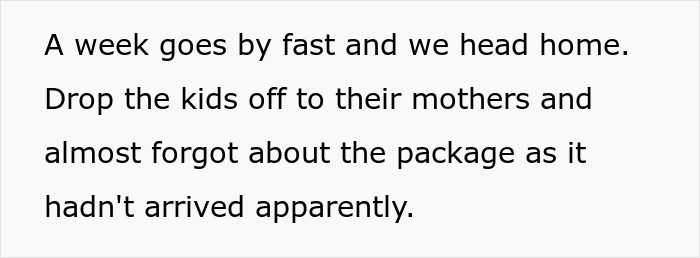

Image credits: Yan Krukau / Pexels (not the actual photo)
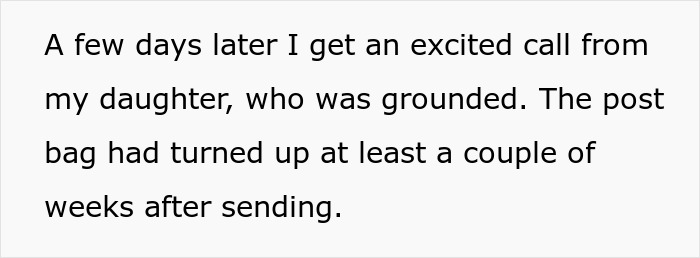


Image credits: crowlexing
AirTags might seem like a godsend for anxious parents, but experts caution against using them to track children

Image credits: Czapp Árpád / Pexels (not the actual photo)
AirTags can be a convenient way to tackle the problem of lost keys and other items. But some parents have been using the trackers to keep tabs on their kids, just like the mother in this story. There’s been a debate going on for the past several years: is it morally wrong to put a tracker on a child or is it a godsend to anxious parents who worry about their kids getting kidnapped?
Parents who put AirTags on their kids defend their decision by saying that to be a parent is to worry constantly about your child’s safety. Strangers, sketchy situations, and children’s bad decisions – who knows what can happen to a kid when they’re alone. And AirTags can take some of that pressure off worrying parents.
Yet experts say that it’s not the best strategy to guarantee your child’s safety. Lenore Skenazy, the president of Let Grow, told Fox26 Houston that tracking your child can definitely make them feel uncomfortable. “A kid who’s being watched all the time is not a kid who has a chance to prove to themselves, and to their parents that they really are responsible. It changes the relationship between you and the child, even subtly.”
Interestingly, research shows that the world has never been safer for children than it is today. The biggest threat a child faces today is an accident, whether in a car, by drowning, in a fire, or due to something else. The odds someone will abduct a child is equal to getting hit by lightning, as in 2017, one out of every 293,800 minors was a victim of abduction by a stranger.
Using AirTags to keep tabs on your kid is also not foolproof. AirTags can get stolen, and children can lose them together with their belongings. However, the trackers don’t provide a real-time location of a person or an object. A parent can only see the last known location of their child if they choose to use an AirTag.
Modern parenting robs children of their independence, research shows

Image credits: Monstera Production / Pexels (not the actual photo)
“Over the last four or five decades, there’s been a huge decline in children’s freedom to do things on their own,” Peter Gray, a research professor in Psychology and Neuroscience at Boston College, who studies children’s play, told The Washington Post.
“To do things like walk to school by themselves, take public transit without some adult, even have a part-time job or play in the park without being constantly monitored by adults.”
And there is some recent research that can back this up. The C.S. Mott Children’s Hospital national poll put this claim to the test in 2023, as they polled parents on their attitudes toward their children’s independence.
The researchers juxtaposed what freedoms the parents perceived they were giving their children vs what they actually allowed. The results showed a discrepancy between parents thinking their children are independent and the actual freedoms they allow.
74% of the respondents said they actively try to let their kids aged 5-8 do things on their own. Yet when it came to certain behaviors, it turns out many parents might be ‘helicoptering’ their kids. For example, only 34% of the parents said they let their child decide what to do with allowance money. And a mere 20% make their own meals or snacks.
84% of parents with children aged 9-11 think it’s good for kids to be without adult supervision. Yet only 58% leave their children alone at home for 30-60 minutes. 33% of the respondents said they allow their children to walk or bike to their friend’s house alone. And only 15% have been allowed to go trick-or-treating with friends.
The father gave more details about his complicated relationship with his ex in the comments
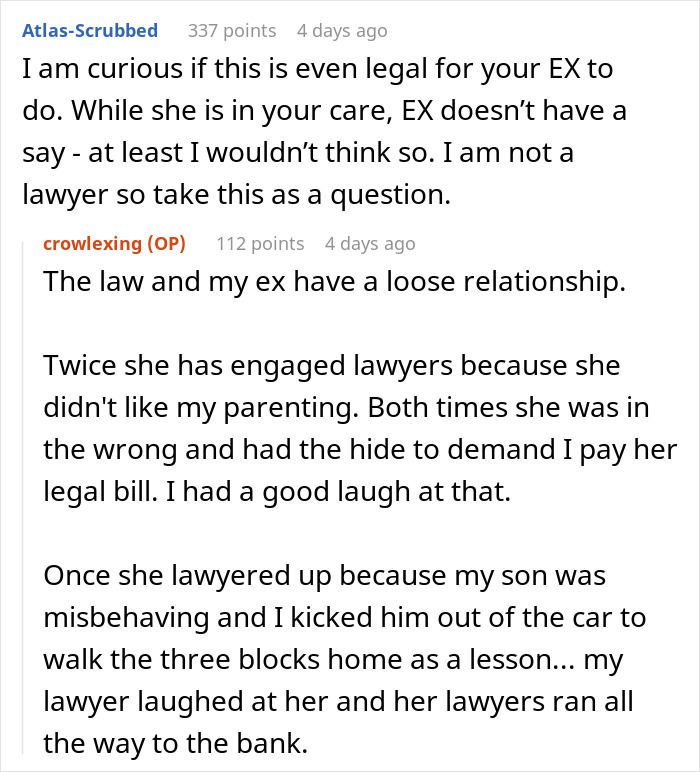
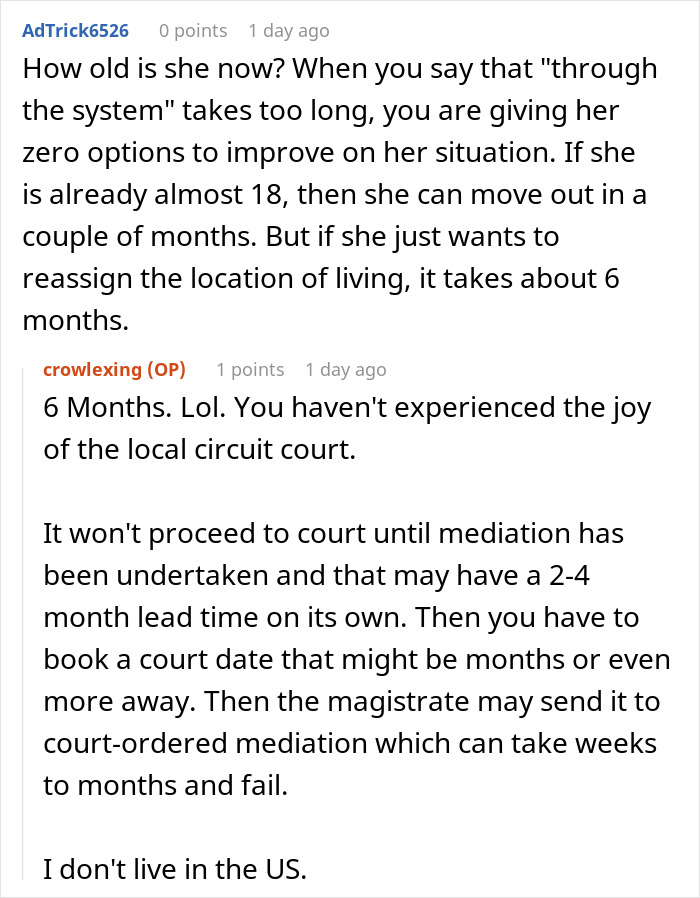
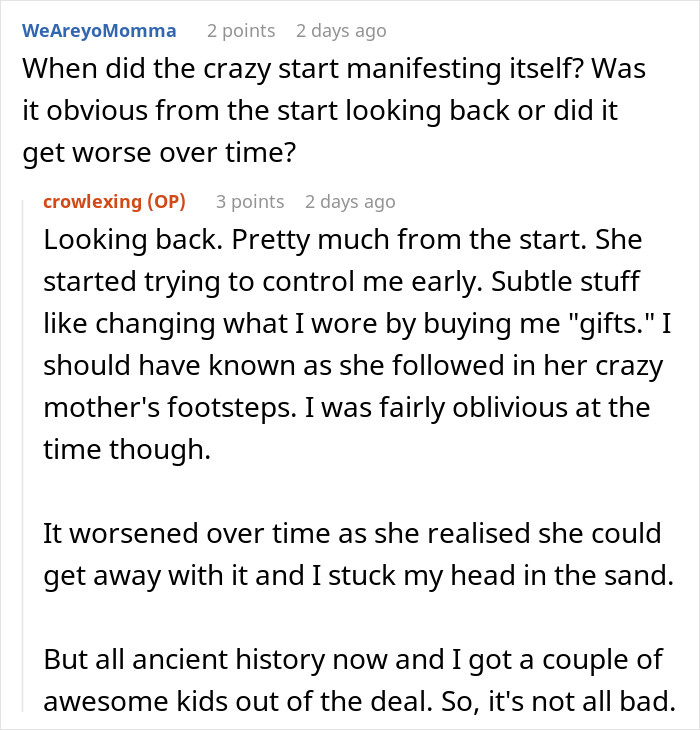
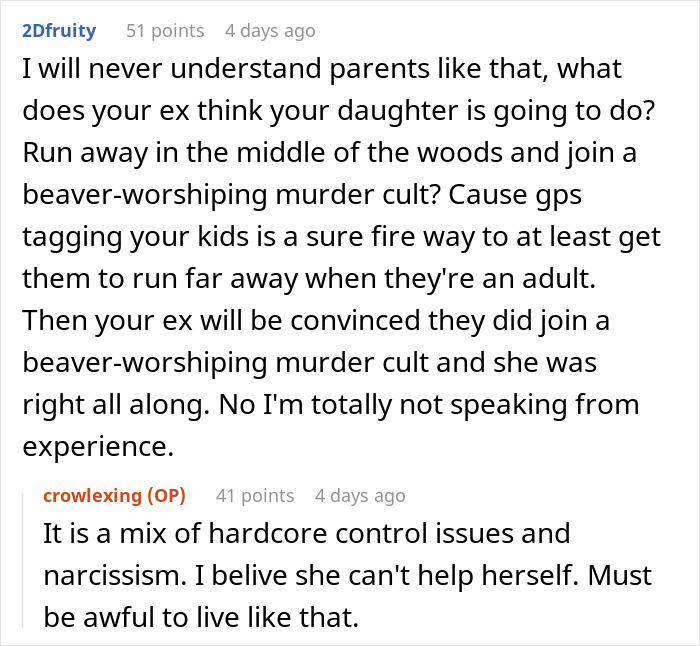
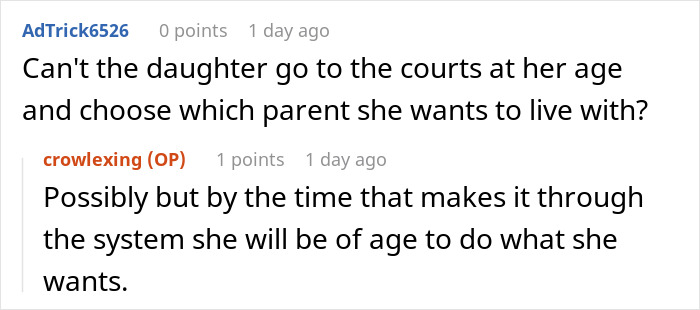
“Revenge is a dish best served au gratin,” many people were quick to craft puns about this harmless but fun revenge story


